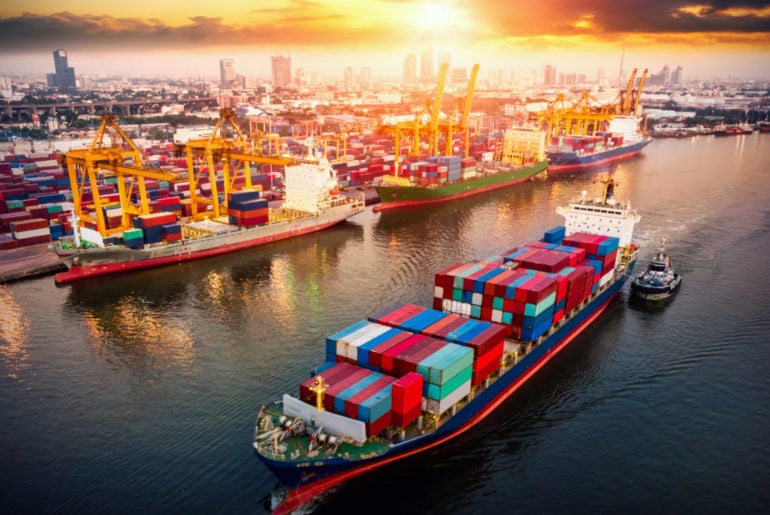A declarant may ask for a change to certain of the data elements in a customs declaration in accordance with Article 173 Union Customs Code (UCC), which is applicable to customs declarations that have already been accepted by customs. The Dutch Customs Authorities (DCA), however, apply a very strict application of Article 173 UCC, stating that amendments are only allowed if the amendments are required by customs legislation. This position taken by the DCA deviates from the practice of the tax authorities of other EU Member States, given the fact that Article 173 UCC does not stipulate that the amendments must be required by law.
Although the formal requirements for bringing goods into the Customs Union of the EU are largely harmonized by EU customs legislation, authorization procedures for bringing goods into the Union vary per Member State.
The Think Tank of the European Parliament has conducted a study into the authorization procedures of the various Member States for entry of goods into the EU, which was published on 19 December 2022. While the Think Tank acknowledges the need for effective customs controls, it also argues that the divergence in the practices of Member States can create efficiency barriers, such as the time needed for customs controls.
Energy transition is the biggest change that the world is undergoing right now. The EU is taking significant steps to position itself at the forefront of the global race to net zero.
The EU has a legally binding target to achieve net zero by 2050. EU countries also already have very advanced plans for achieving net zero and energy security, accompanied by financial state support packages on an unprecedented scale. These measures have just been taken to the next level, making the EU an even more attractive market for investors in the energy transition.
Starting from 31 January 2023, the Clinical Trial Information System (CTIS), provided for in Art. 80 of Regulation EU 536/2014, will become the single point of access for the submission, authorization and supervision of clinical trial applications in the EU and the European Economic Area (EEA) countries.
Baker McKenzie’s Sanctions Blog published the alert titled Polish press reports on the possible 10th package of EU sanctions against Russia on 16 January 2023. Read the article via the link here. Please also visit our Sanctions Blog for the most recent updates.
The EU’s Digital Operational Resilience Act aims to promote, improve and ensure operational resilience within the financial services sector. It requires financial institutions to comply with a number of obligations designed to ensure that their business lines remain operationally resilient against various risks. Being “operationally resilient” means being able to resist, recover from and adapt to adverse effects that can disrupt or prevent the provision of services.
On 6 January 2023, the European Commission published a draft amending act extending transitional provisions under the EU Medical Devices Regulation. The Proposal extends the validity of certificates issued under the previous Directives (based on certain conditions), giving manufacturers more time to obtain MDR-compliant certificates.
A new EU-level recommendation paper sets out wide-ranging recommendations for sponsors of decentralized clinical trials (DCTs). The Paper is great news for sponsors facing an array of grey areas and gaps in regulatory guidance around DCTs. It provides guidance on common issues in designing and implementing DCTs: from documenting the delegation of tasks to digital service providers, to obtaining e-consents and how investigators should manage new streams of incoming data. The recommendations are not legally binding, but the Paper nevertheless represents a vital step towards a common basis for implementing DCTs across the EU.
On 13 December 2022, a provisional agreement has been reached between the EU Council and the European Parliament on the Carbon Border Adjustment Mechanism (CBAM). This mechanism will be set up to align the price of carbon for EU products covered by the EU Emission Trading Scheme with the price of carbon for imported goods from outside the EU. CBAM will contribute to ensure that the climate efforts of the EU are not undermined by shifting EU production to countries with less ambitious climate ambitions.
Baker McKenzie’s Sanctions Blog published the alert titled EU adopts further sanctions against Russia on 16 December 2022. Read the article via the link here. Please also visit our Sanctions Blog for the most recent updates.



